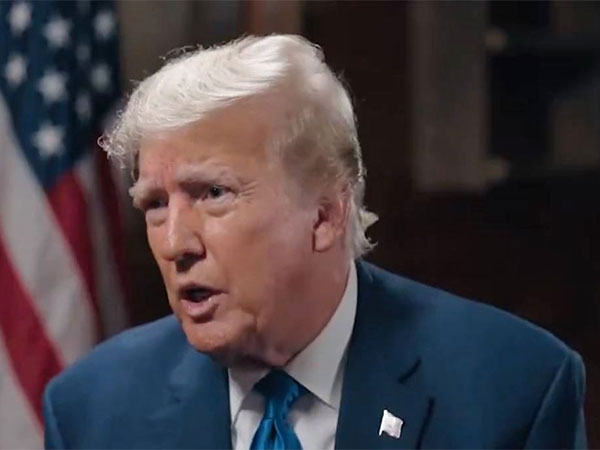High Stakes: Trump's Tariff Threat on North American Auto Exports
U.S. President Donald Trump plans to impose 25% tariffs on Mexican and Canadian imports by February 1 if these countries fail to curb fentanyl flow into the U.S. The automotive sector, including German manufacturers like Volkswagen, fears inflation and disruption. Both countries’ auto exports heavily rely on the U.S. market.

U.S. President Donald Trump is raising the stakes in the international trade arena, pledging a hefty 25% tariff on imports from Mexico and Canada if they do not significantly curb the flow of fentanyl into America by February 1.
The announcement has sparked concerns among German automakers, such as Volkswagen, about potential inflationary impacts and disruptions. According to the Mexican Automotive Manufacturers' Association and the Canadian Vehicle Manufacturers' Association, 90% of auto exports from these countries are bound for the U.S. market.
The threatened tariffs place a significant burden on North America's interconnected automotive industry, potentially affecting major brands like AUDI, BMW, Ford, and General Motors. These manufacturers have extensive production operations across Mexico and Canada, vital for both traditional and electric vehicle lines.
(With inputs from agencies.)








